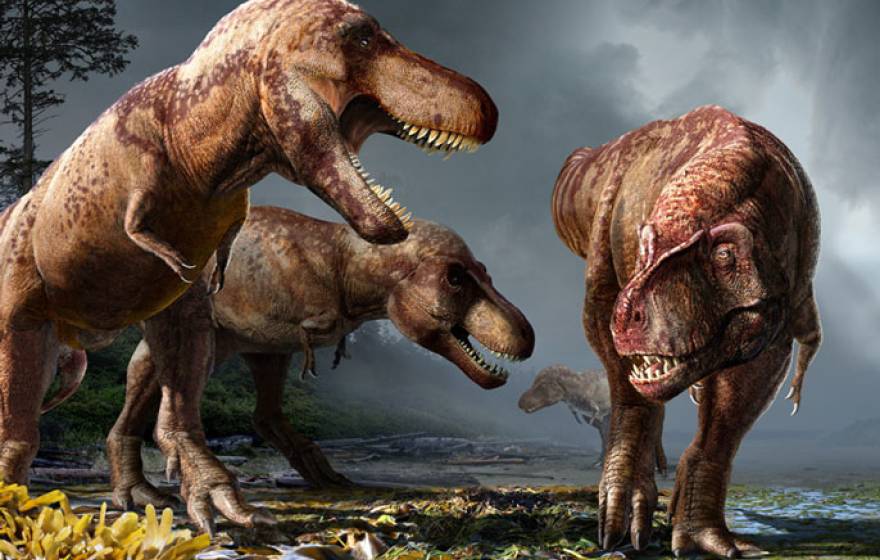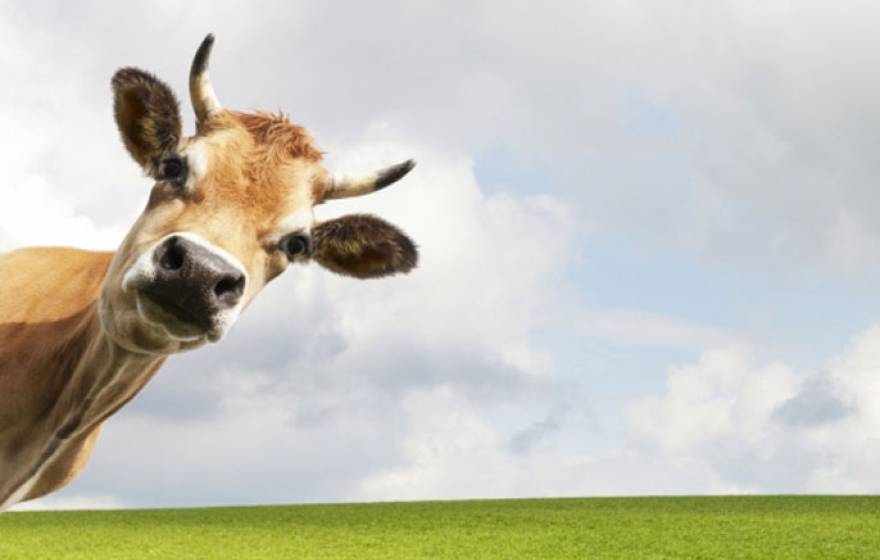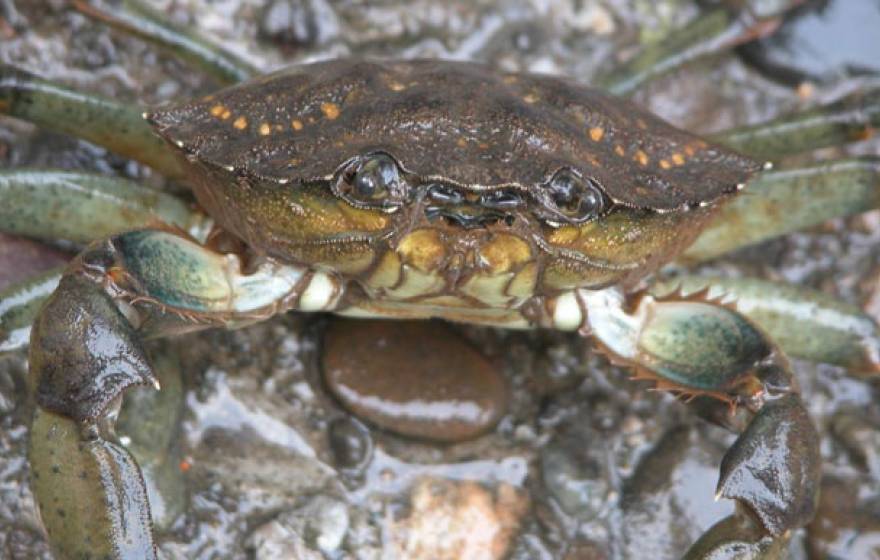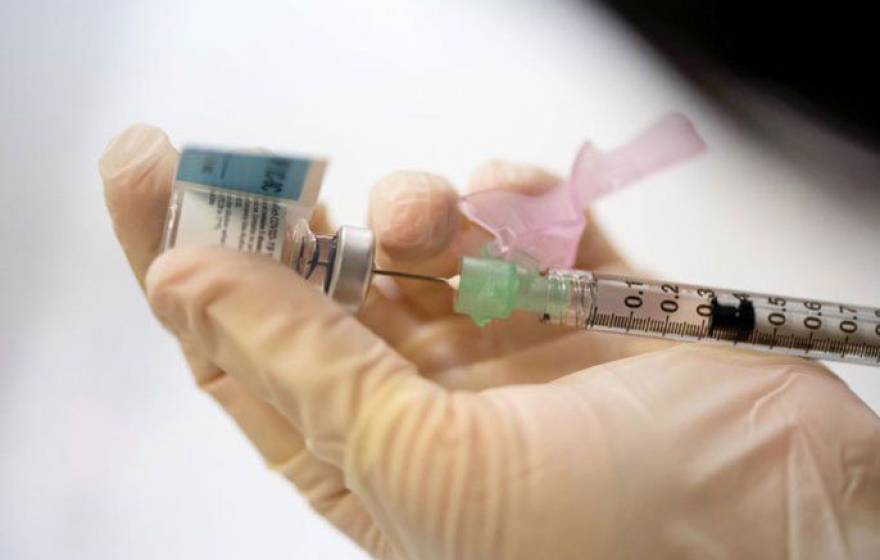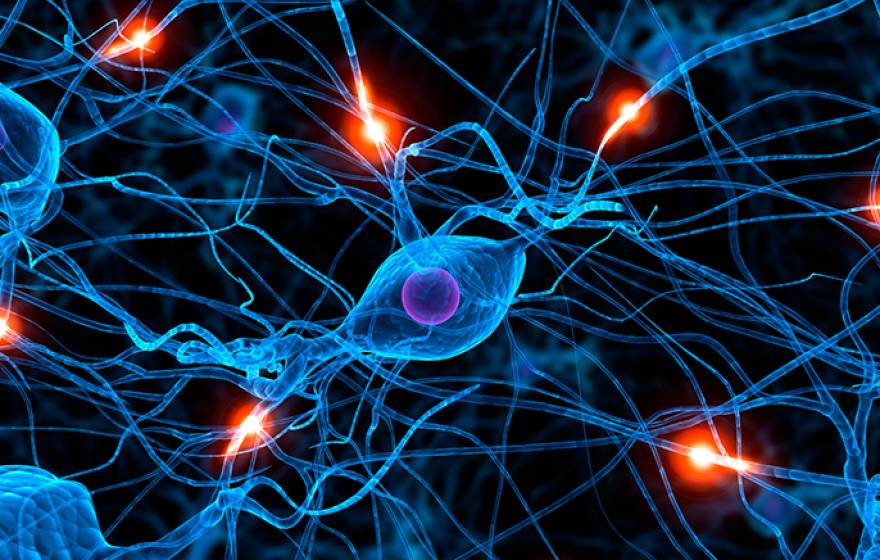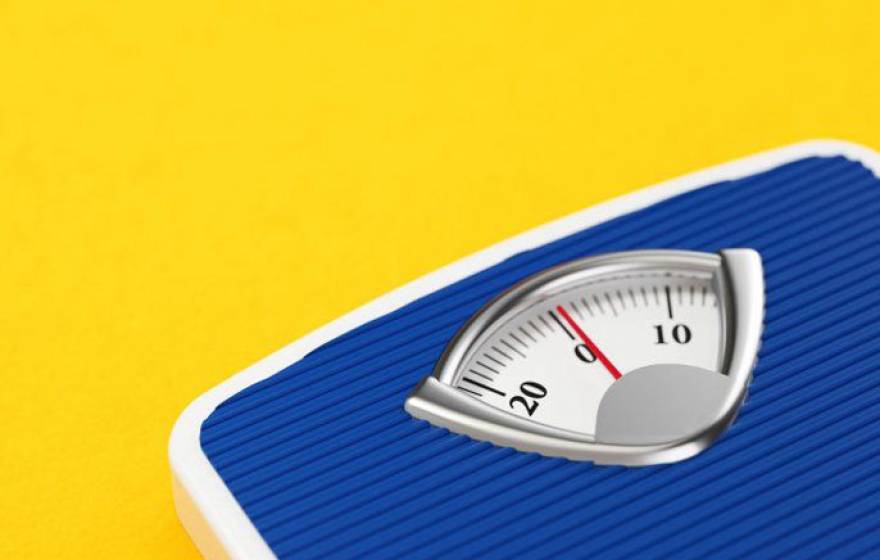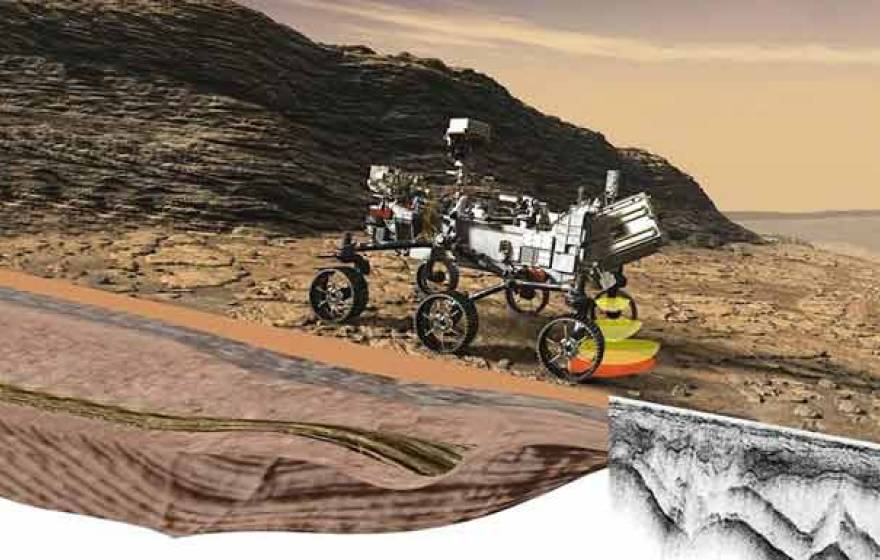The survey identified more than 27,000 targets with high confidence to be classified as a barrel, and an excess of 100,000 total debris objects on the seafloor.
Why your cat does these 6 things (according to science)
Some context for your cat’s actions (without lifting their veil of mystery).
How many T. rexes were there? Billions.
Paging your inner child: Paleontologists conclude 20,000 T. rexes roamed North America at any given time.
Spotting cows from space
Researchers use satellite imagery to track how cows and elk interact at the interface of wildland and rangeland.
A path toward clean drinking water for all Californians
A new study finds hundreds of public water systems are out of compliance, but points to solutions the state (and nation) can pursue.
When ‘eradicated’ species bounce back with a vengeance
Lessons from a failed experiment in removing invasive species mark a new way forward.
How robustly will individuals respond to the COVID-19 vaccine — and for how long?
Age, stress and lack of sleep contribute to response in a variety of vaccines. Is a COVID-19 booster shot next?
Internet trends suggest COVID-19 spurred a return to earlier values and activities
American values, attitudes and activities have changed dramatically during COVID-19, according to a new study of online behavior.
3 ways to cope with COVID-19 fatigue
UC Davis Health psychologist Kaye Hermanson suggests ways to alleviate daily stressors.
Could gene therapy halt the progression of Alzheimer’s disease? A first-in-human clinical trial will seek answers
Earlier animal studies suggest the restorative gene treatment may slow, prevent or reverse progression of the disorder.
Is this one protein responsible for weight gain?
Diminishing a single protein in a set of mice caused them to gain only half the weight of other mice, even on a high-fat diet.
Q&A: David Paige on the Feb. 18 Mars Perseverance landing
The UCLA planetary scientist is deputy principal investigator for one of the NASA rover’s experiments.


